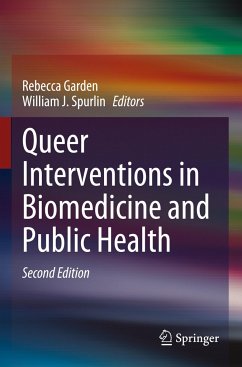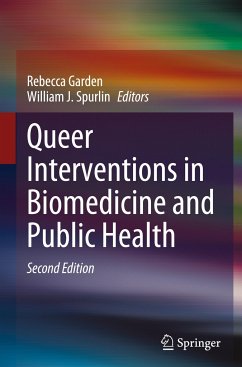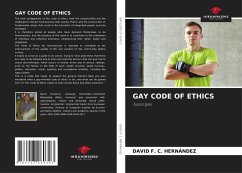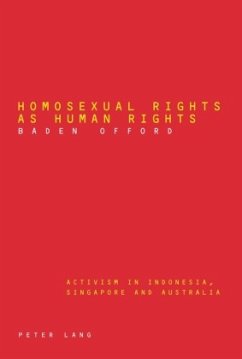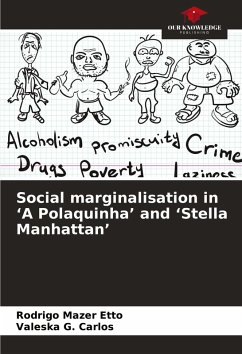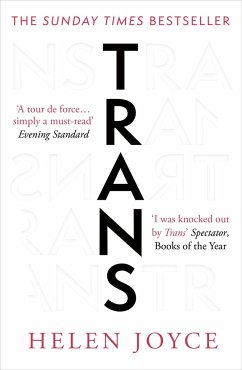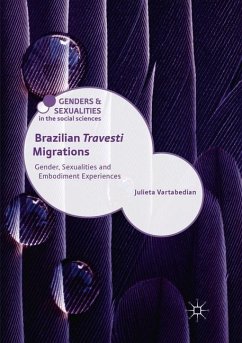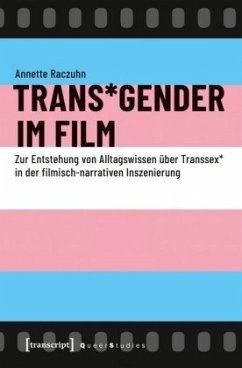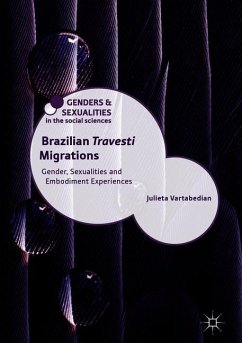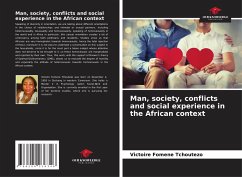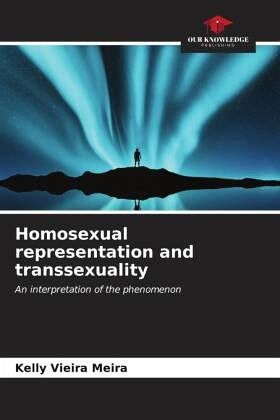
Homosexual representation and transsexuality
An interpretation of the phenomenon
Versandkostenfrei!
Versandfertig in 6-10 Tagen
36,99 €
inkl. MwSt.

PAYBACK Punkte
18 °P sammeln!
"In the majority of cases, real action takes place in deaf semi-consciousness or unconsciousness of its 'intended meaning'. The agent "feels" it in an indeterminate way rather than knowing it or having a "clear idea" of it; in most cases, he acts instinctively or habitually. Only occasionally and, in the case of similar mass actions, often only in a few individuals, does a sense (whether rational or irrational) of the action rise to consciousness." (WEBER, 2015. p.13). This work asks the interlocutors for the wisdom to identify that there is no complete knowledge of the object studied here, bu...
"In the majority of cases, real action takes place in deaf semi-consciousness or unconsciousness of its 'intended meaning'. The agent "feels" it in an indeterminate way rather than knowing it or having a "clear idea" of it; in most cases, he acts instinctively or habitually. Only occasionally and, in the case of similar mass actions, often only in a few individuals, does a sense (whether rational or irrational) of the action rise to consciousness." (WEBER, 2015. p.13). This work asks the interlocutors for the wisdom to identify that there is no complete knowledge of the object studied here, but rather a conception of the world with which the agents may be interacting and which, at the same time, transform the shared social environment. It is not our intention to produce something that appears to be the truth; on the contrary, we want to narrate a possibility that allows us to visualise the different motives that cohere in the trajectory of those who share the phenomenon, those who experience their existential anguish and become entangled in the fetish of the market: the completeness of the self, equality, identity, the idealised body.



